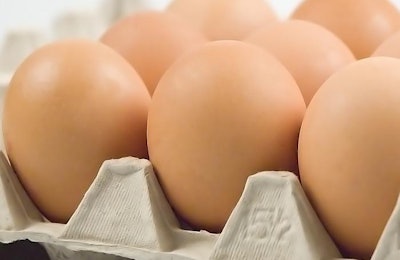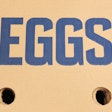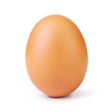
New Zealand’s egg producers have branded as “unfair” the recent decision by two of the country’s leading supermarkets to sell only cage-free eggs in future.
Producers face financial ruin, and consumers will lose their preferred option for eggs, according to Stuff.
Around six months ago, national retailer, Countdown, announced plans to sell only cage-free eggs by the end of 2024 in the North Island and by a year later across the rest of the country. The move followed criticism that it’s undertaking to sell only its own egg brand as cage-free from 2022 did not go far enough.
Now, Foodstuffs — which owns the New World and Pak ‘n Save chains—has announced it will end caged egg sales in 10 years’ time. It cites consumer pressure as the reason for the change.
Foodstuffs and Countdown claim that sales of free-range and barn eggs are increasing faster than those of cage-produced eggs. However, cage eggs currently still make up 70 percent of New Zealand's egg sales, and supermarkets account for 55 percent of egg sales. Biosecurity restrictions prevent shell eggs being imported.
Farmers’ frustration
In 2012, the Ministry for Primary Industries published the Layer Hens Code of Welfare, which banned the keeping of hens in conventional battery cages. Egg producers were able to negotiate an extended phase-out period to 2018, and many farmers have invested in upgrading their layer facilities to colony cages, which offer the birds more space as well as perching, scratching and nesting areas. Some producers have been unable to upgrade their existing facilities, and others are facing difficulties in finding alternative sites.
“Now the supermarkets are saying 'Sorr,y I know you have spent millions of dollars but in 10 years’ time, we’re not taking your eggs,' and for farmers it’s a really unfair position,” said Michael Brooks, executive director of the Egg Producers Association.
He warned that the higher costs associated with cage-free production and lower prices driven by competition would make egg production in New Zealand unviable.
“Financial pressure on farmers is often what leads to people making poor decisions, which includes poor welfare,” said Brooks.
Illegal egg-labeling investigated
In March of this year, one egg producer in New Zealand was under investigation for the illegal labeling of eggs.
“As the investigation is into one operator of the 126 commercial egg farms in New Zealand, it gives us confidence this is not an industry-wide issue,” said Brooks at the time. “We are well advanced on egg stamping, which is the process of using an inkjet system to stamp the type of egg production system onto the egg itself, at the time of packing at the farm. This would mitigate any fraudulent efforts to change the labeling of the eggs at any point along the supply chain.”
Comprehensive resource for cage-free eggs available
A new collection of exclusive articles, blogs and infographics on Cage-free Eggs and Consumer Trust in the Poultry Industry, written by trusted WATT Global Media editors and industry experts will equip egg producers and marketers with information to help them make critical business decisions. Purchase your copy.

















